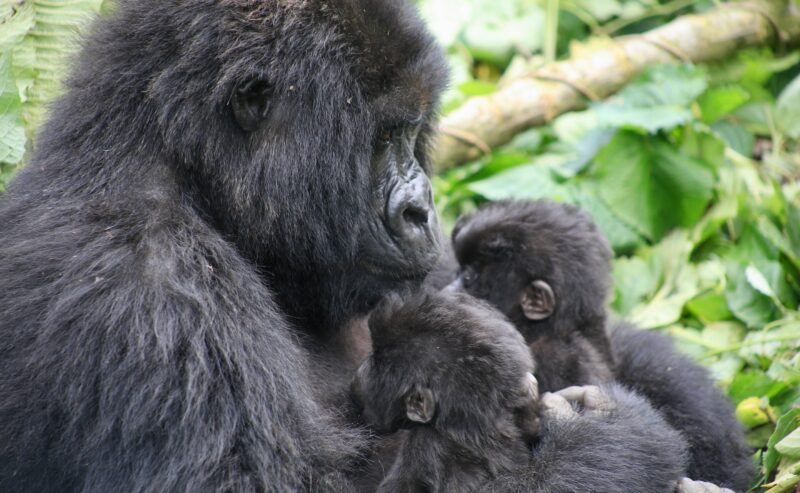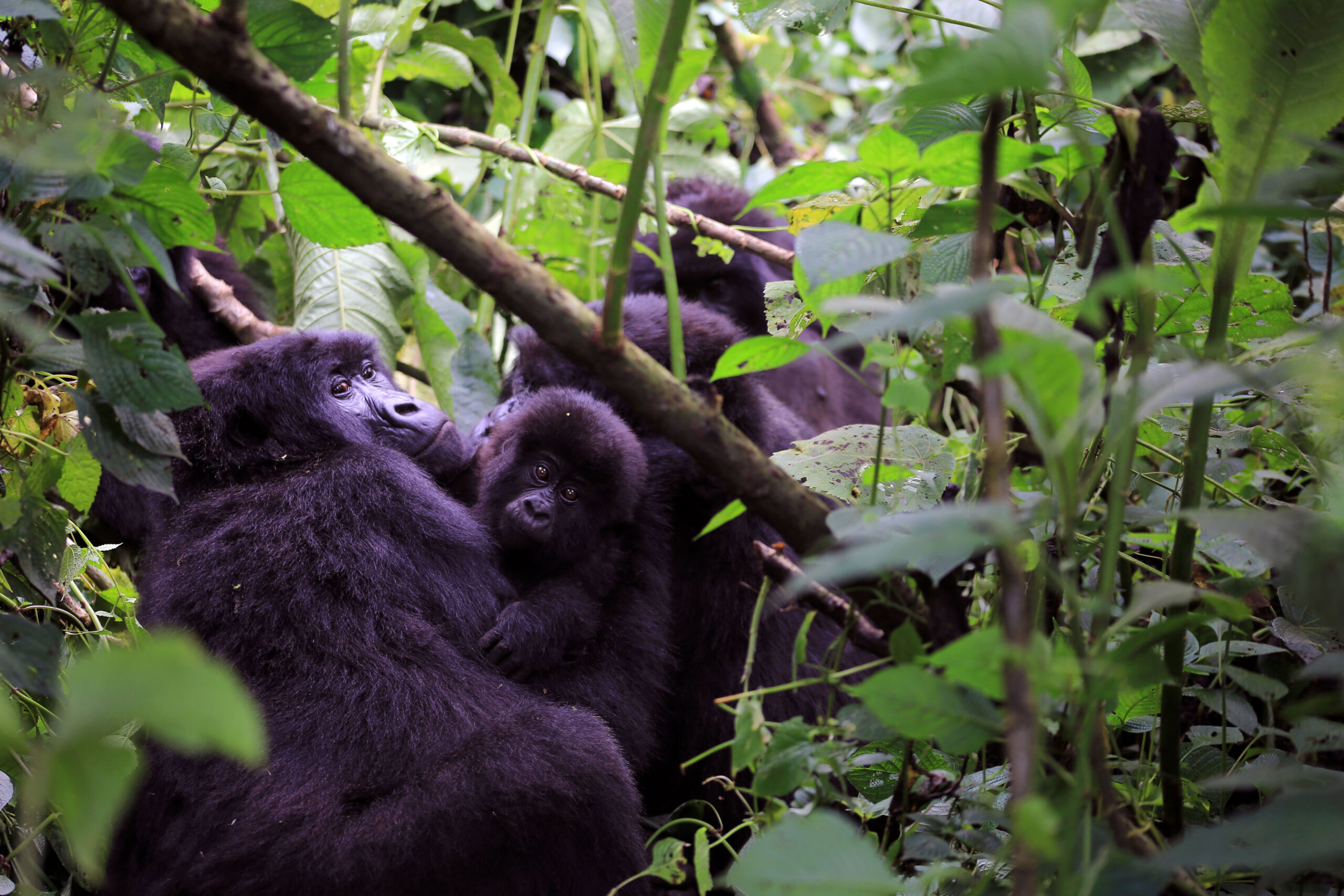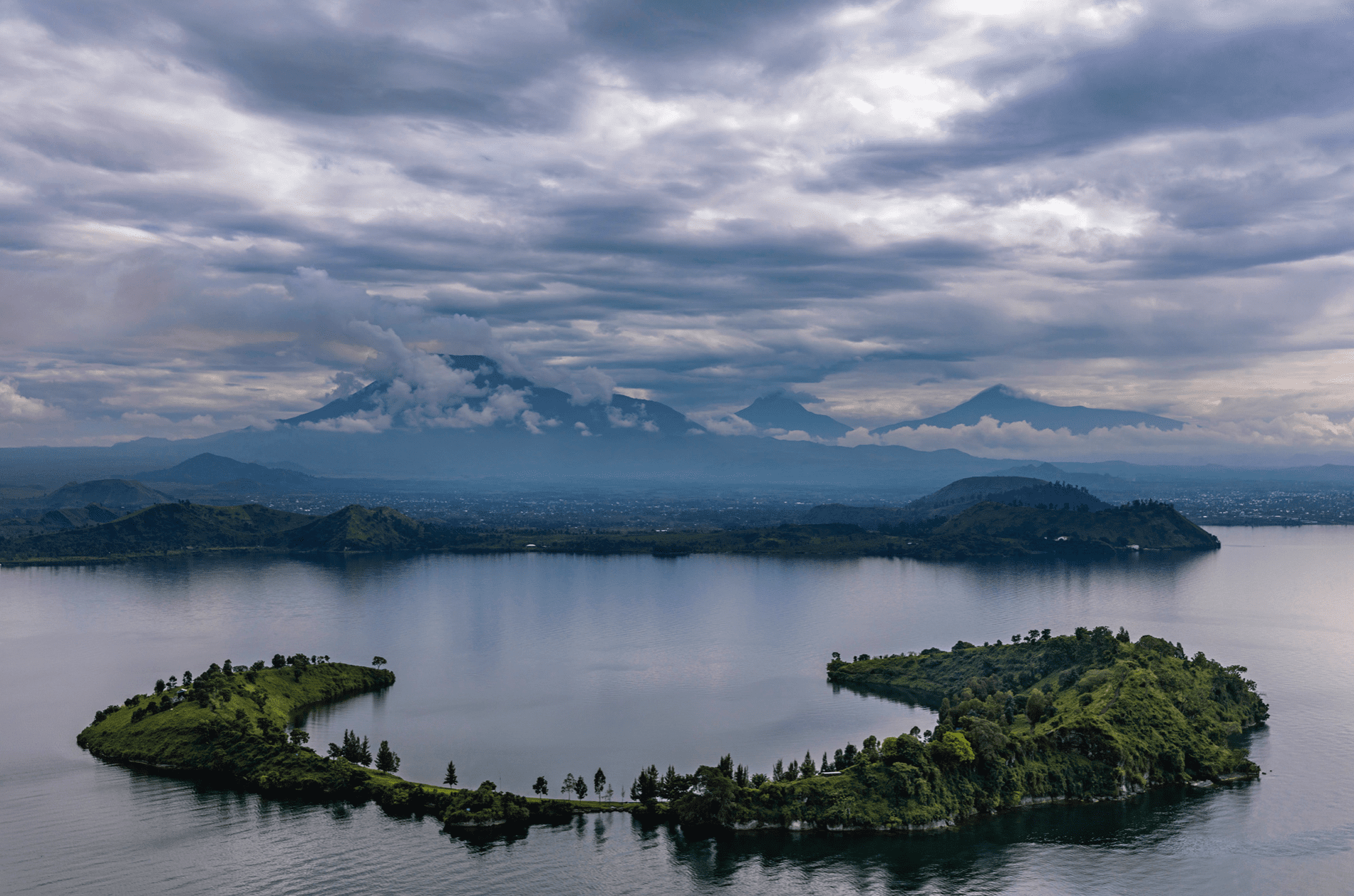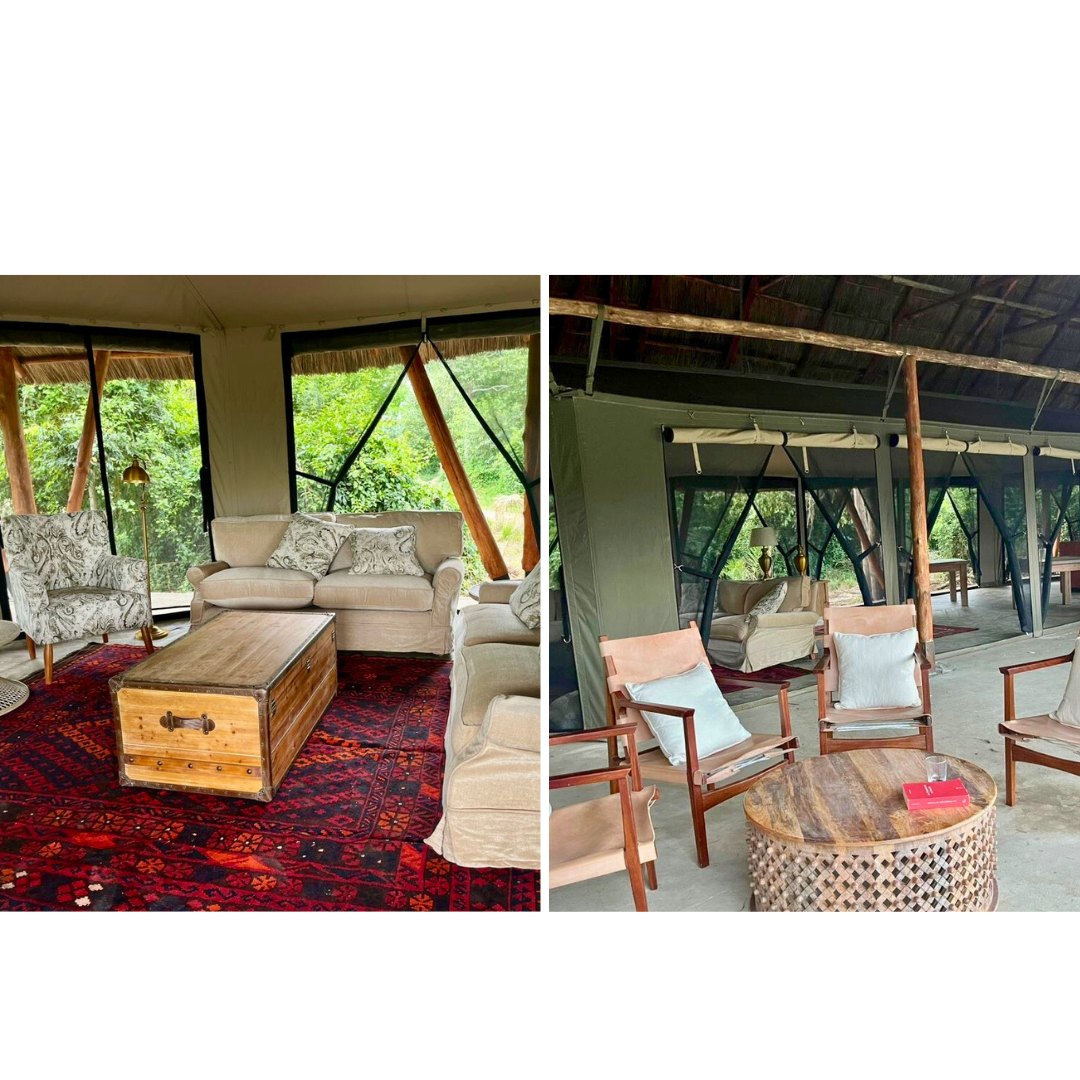From the 1960’s to the 1980’s, Virunga National Park was the francophone equivalent of the Serengeti – a truly world-class wildlife destination – but almost continual conflict in the decades since has caused a dramatic decline in tourism.
Eco-tourism in Virunga National Park holds massive potential for eastern Congo, offering a path towards growth for the entire region. The creation of highly skilled and profitable employment that is also sustainable has the potential to generate billions of dollars in revenue for the country.









